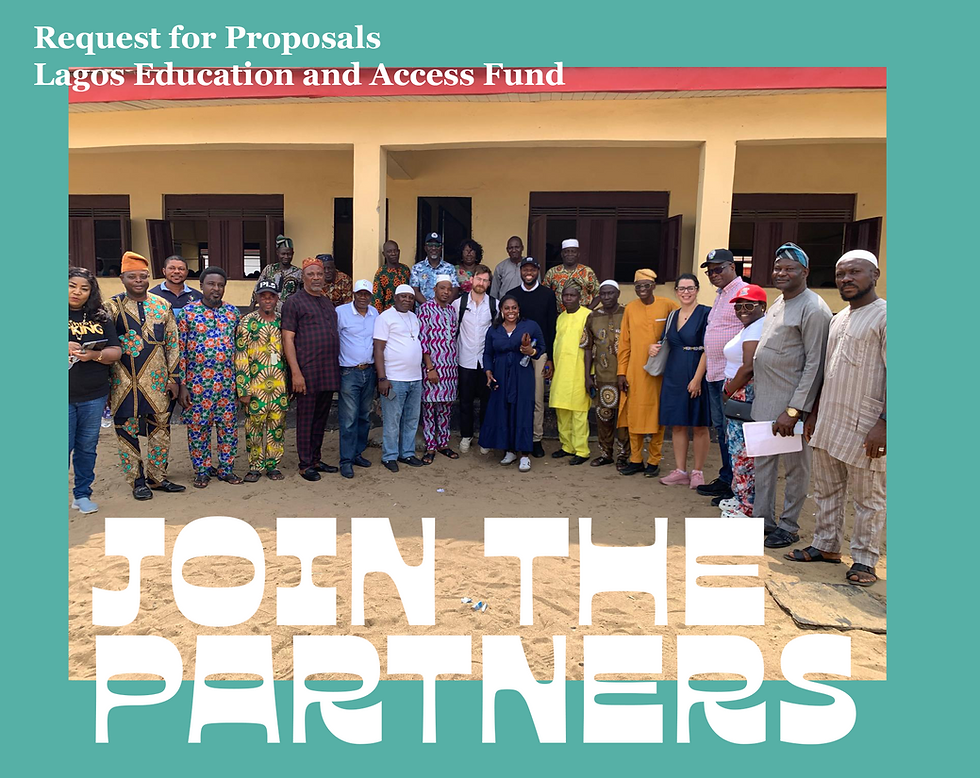The virus’ asymmetrical impact on women and girls
- Mar 8, 2021
- 3 min read
Updated: Sep 26, 2024
In an op-ed for Devex on International Women’s Day, Education Outcomes Fund (EOF) CEO Dr. Amel Karboul highlighted the outsized impact of the pandemic on women and girls and argued that education will be key to reversing the damage.
COVID-19 has upended all of our lives and caused devastation across our communities. Women and girls have borne a disproportionate impact, facing heightened challenges to their education and job opportunities, and bearing the brunt of the increased burden of care.
Drawing from her personal experience, Dr. Karboul shared:
“Today, I looked at my two daughters, and I felt exhausted. This past year, like many parents around the world, I’ve been trying my best–helping them navigate online schooling, maintain friendships during lockdowns, manage their emotions despite uncertainty–but I know I can’t do enough. I’m a mom first, but these days I’m a teacher, a cook, and a therapist in our new lockdown reality. Mothers across the world can sympathize–our roles have grown even more demanding as our homes become our schools, our healthcare centers, and our offices. As our world shrinks to a few small rooms, I ask myself, will my girls still have the expansive opportunities I’ve dreamt for them as they grow up?”
She described the breadth and depth of COVID-19’s impact on women and girls specifically:
“As schools turn virtual or close altogether, more care work has fallen on women, forcing them to make the difficult choice between their families and their careers. In advanced economies, women are leaving the workforce in record numbers. In the US, women’s labor force participation rate is the lowest it has been in 33 years. In developing economies, where many women work in the informal sector or are self-employed, months of lost income and job uncertainty present grave threats to livelihoods. 80% of informal sector incomes in Africa were lost in the first month of COVID-19 alone.
The compounding impacts of the pandemic have produced devastating consequences for us all. Women are losing opportunities to explore their talents, lead their communities, and drive innovation around the globe. As economic and educational opportunities shrink, an estimated 96 million people will be pushed into extreme poverty, 47 million of whom are women.”
How can we challenge these outcomes and get women back on track? Getting girls back into school and learning is key. Dr. Karboul writes:
“It starts with girls’ education: better-educated women are the key to driving development and lifting communities out of poverty. The leading research demonstrates that investing in girls’ education has a huge benefit on economies, national security, health sectors and life outcomes. For example, if all girls attained secondary school educations by 2030, it would increase the GDP of developing countries by an average of 10%. But today, when times get hard, girls are the first to be taken out of school. It is time to re-evaluate education equity as the driver for social equity and address the root causes of women and girls being left behind.
As we honor International Women’s Day, our mandate is clear. The international community must educate our girls. If we do not meet this challenge together, we risk exacerbating deep structural inequities.”
By investing in education solutions that focus on results, we can achieve even greater impact–allowing educators to adjust their approach based on what works, rather than a prescriptive formula.
As we move forward in the post-pandemic era, our actions now will determine the future of a generation of children. Let’s invest in education to give women and girls the best chance possible.



Comments